Real estate has produced many of the world’s wealthiest, so there are plenty of reasons to think that property is a sound investment. However, as with any investment, it’s better to be well-versed before diving in with hundreds of thousands of dollars. Arm yourself with the information below before starting a new career as a real estate tycoon.
Make Sure It’s for You
Do you know your way around a toolbox? How well can you repair drywall or shingle your roof? Sure, you could call somebody to do it for you, but that will eat into your profits. Property owners who have one or two homes often do their own repairs to save money. If you’re not the handy type and don’t have lots of spare cash, being a landlord may not be right for you.
Of course, that changes as you add more properties to your portfolio. Lawrence Pereira, president of King Harbor Wealth Management in Redondo Beach, Calif., owns properties on the East Coast while living on the West Coast. As somebody who says he’s not at all handy, he makes it work. How? “I put together a solid team of cleaners, handymen and contractors,” says Pereira. This isn’t recommended for new investors, but as you get the hang of real estate investing you don’t have to remain local.
Pay Down Debt First
Savvy investors might carry debt as part of their investment portfolio, but the average person should avoid it. If you have student loans, unpaid medical bills or children who will soon attend college, purchasing a rental property may not be the right move. Pereira agrees that being cautious is key, saying, “It’s not necessary to pay down debt if your return from your real estate is greater than the cost of debt. That is the calculation you need to make. However, don’t put yourself in a position where you lack the cash to make payments on your debt. Always have a margin of safety.”
Get the Down Payment
Investment properties generally require a larger down payment than owner-occupied properties, so they have more-stringent approval requirements. The 3% you may have put down on the home you currently live in isn’t going to work for an investment property. You will need at least 20 percent, given that mortgage insurance isn’t available on rental properties.
Beware of High-Interest Rates
The cost of borrowing money might be relatively cheap right now, but the interest rate on an investment property will be higher than traditional mortgage interest rates. Remember, you need a low mortgage payment that won’t eat into your monthly profits too significantly.
Calculate Your Margins
Wall Street firms that buy distressed properties aim for returns of 5% to 7% because they have to pay staff. Individuals should set a goal of 10%. Estimate maintenance costs at 1% of the property value annually. Other costs include insurance, possible homeowners’ association fees, property taxes and monthly expenses such as pest control and landscaping. There’s also landlord insurance.
Avoid a Fixer-Upper
It’s tempting to look for the house that you can get at a bargain and flip into a rental property. However, if this is your first property, that’s probably a bad idea. Unless you have a contractor who does quality work on the cheap—or you’re skilled at large-scale home improvements—you’re likely to pay too much to renovate. Instead, look to buy a home that is priced below the market and needs only minor repairs.
Matt Holmes, Founder/CEO of Holmes Real Estate Group, says that the best type of home to purchase is one where you can add a bedroom right away or in the near future. He adds that:
Adding a bedroom not only increases resell value but often pays for itself in the first month if you are renting out the property by room. Plus, adding a bedroom costs about 10% of a kitchen remodel, and it can be argued that in many markets also has a more meaningful resell value impact.
